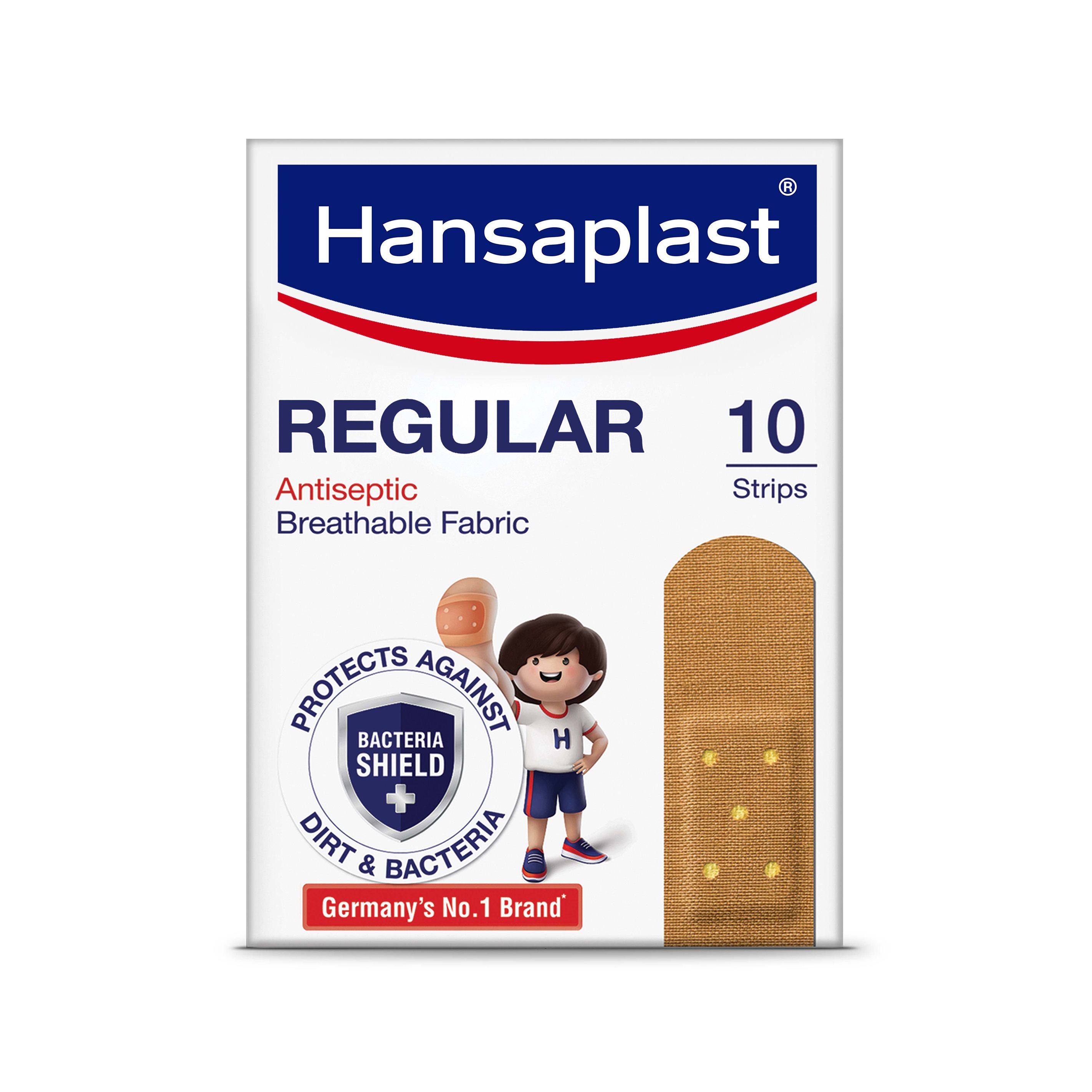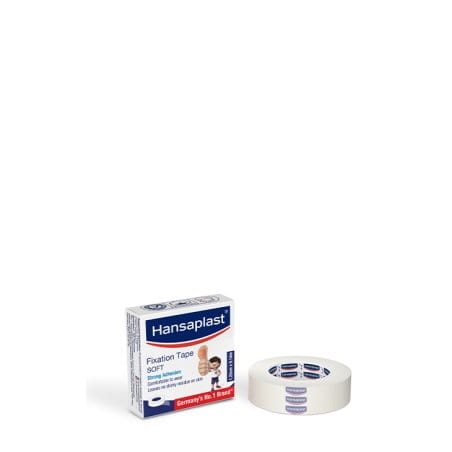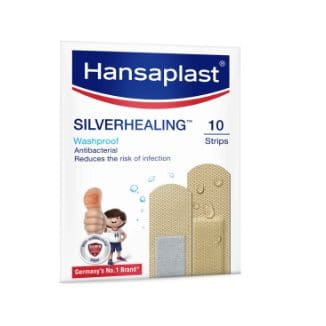1. Confidence in bad situations:
One thing that keeps us from bothering over knowing how to do first-aid procedures is the belief that nothing bad will ever happen to us. In psychology, this is known as ‘optimism bias’. It is a bias that everyone is prone to where we assume that accidents, injuries or other bad things might happen to other people but can’t happen to us. Because of this, when an accident does take place we are ill-prepared to deal with it. Having the necessary first-aid knowledge means that not only will you know what to do in a tricky situation, you will also remain calm and collected. If you panic, the injured person will panic as well but as long as you stay calm and deal with the situation in a systematic way things will stay under control.
2. Prevents rapid deterioration:
First aid is the boundary line that stops bad situations from getting worse. In case of severe injuries, the damage caused increases threefold if it is not given immediate attention. This is especially meaningful for people who live in inaccessible areas where it can be difficult to get to a doctor in time. Timely first-aid can be the difference between a short-term injury and a permanent disability. Make sure you are aware of all the basic first-aid procedures and keep basic medical supplies handy around the house. You never know when it might be needed.
3. Reduced recovery time:
When it comes to major injuries, early intervention means faster recovery time. If you initiate the basic procedure before going to a trained medical health practitioner it can considerably reduce the recovery time. For example, in the case of wounds with steady blood flow, the time it takes to reach the hospital can be crucial. Carrying out basic first-aid first, such as putting pressure on the wound and covering it up with gauze, will prevent major blood loss. Keep in mind that first-aid should not be attempted if you do not have proper knowledge of the procedure to be followed, it could have adverse consequences.
4. Protect your family:
Statistics indicate that most injuries happen at home. While this data might be scary to some, it’s actually a plus. Your home is a place of comfort for you and if you’re well prepared, you will have all the items you need to perform successful first-aid in case of injury. Sometimes accidents occur where you need to take a family member to the hospital for emergency treatment. This is where the benefit of knowing how to do first aid procedures comes in. Having basic first-aid knowledge can help you correctly deal with the situation and ensure the safety of your loved ones. This is essential for people who have high-risk patients at home, such as diabetes patients, heart patients or senior citizens.
First-Aid not only helps you carry out basic treatment procedures but it will also teach you to recognize troubling signs so that you can prevent mishaps before they occur.
5. Child care essential:
The importance of first-aid is all the more relevant if you have young kids at home as they tend to inadvertently injure themselves quite often. Fingers caught in doors, head injuries, scraped knees are all common injuries that kids might sustain. They can range from mild to serious and in serious cases the first-aid that you provide can be essential to ensure their safety. Always be aware of the procedure to treat small as well as major wounds. Keep a first-aid kit handy with all the possible tools you might need to treat an injury in a timely manner.
Disclaimer
Please note that the above recommendations are general care tips. Consult a health care professional in case of any uncertainty around wound treatment and healing.
Always see your doctor if a wound is deep, bleeding profusely or shows signs of infection. For diabetic patients especially, proper wound care holds the utmost importance. Do not hesitate to discuss any concerns you may have with your doctor or your podiatrist, even when it comes to minor wounds and cuts – especially if they’re on your feet.
The information provided through this website should not be used to diagnose or treat a health problem or disease. Although compiled with great care, it is not a substitute for professional advice. If you have or suspect a health problem, consult your doctor immediately.
For further information regarding Hansaplast products, please contact us via email at customer.care@bdfindia.com.
So now that you know the importance of first-aid, it’s time to go learn first-aid procedures.
Read More Here: Wound Dressing 101



